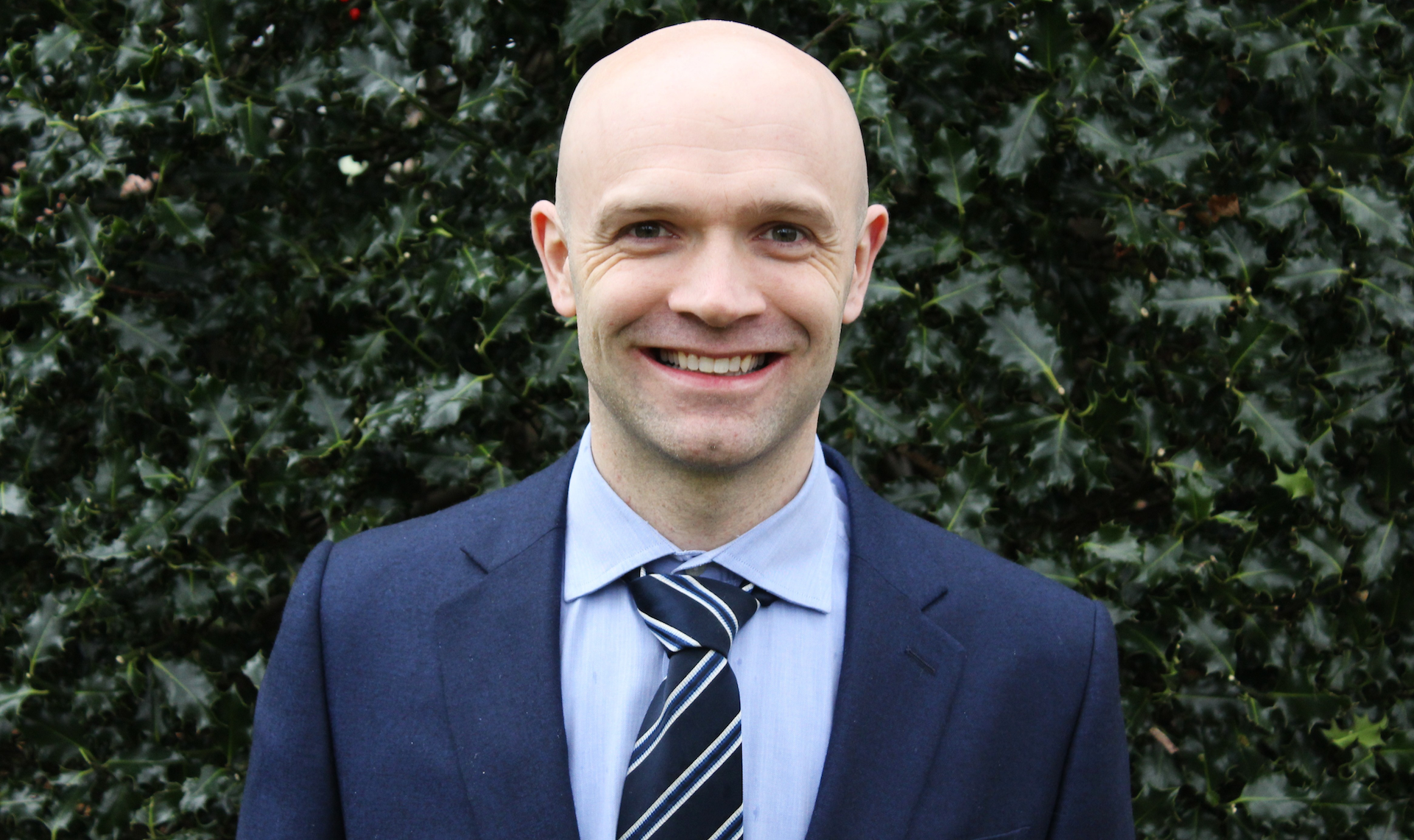Most athletes and sports fans will be familiar with anterior cruciate ligament (ACL) damage. Some of the most famous faces in professional sport have suffered this serious knee injury.
Curtis Robb are equipped to help patients with all types of ACL injuries, tending to the issue to prevent it from worsening over time. This is important as, left untreated, it can lead to osteoarthritis in the knee, causing chronic pain and stiffness in later life.
Our knowledgeable team can tell you everything you need to know about the ACL repair and recovery process, but we’ve also provided a useful overview of this knee problem here for your convenience.
What is an ACL injury?
The ACL is located in the centre of the knee and can be ruptured/torn with or without contact. Twisting the knee, for example, is one of the most common ways to suffer a damaged ACL. This is usually accompanied by a popping sensation and a swollen knee.
ACL injuries should be examined by a medical professional as soon as possible, and care must be taken to avoid further exertion. These tears do not usually heal by themselves, and often cause meniscal damage and bone bruises, as well as severe discomfort.
ACL injuries: Our treatment
At Curtis Robb, we perform a full consultation and knee examination on any suspected ACL injuries. Once an ACL rupture is diagnosed, and the ACL is not functional, our team will seek to reconstruct it to prevent any further damage occurring to the knee.
This surgical procedure is performed using tendon tissue (the graft) from around the patient’s knee either with hamstring, patella or quadriceps tendon. The graft is placed into an antibiotic wrap before insertion – reducing the chance of infection to almost zero. Keyhole surgery enables the ACL graft to be placed into a more accurate position and allows assessment of both the meniscus and articular cartilage in the knee. Any meniscal tears are repaired at the same time as the ACL reconstruction, as they heal more effectively when performed in conjunction with the surgery.
Preparing for this type of operation can be nerve-wracking, but rest assured we’ll answer all your questions long before treatment gets underway and make sure you’re completely comfortable.
Post-op procedures
We’ll continue to check on your progress after ACL surgery to determine how your knee is responding to the treatment. The recovery process may vary depending on whether any meniscal repairs have taken place, but we will help in any way we can – providing advice and aftercare with the aim to get you back to full health as quickly as possible. We’ll also advise you on the types of exercise you can engage in during the recuperation period.
The complex nature of ACL tears means that you’ll probably have a lot of questions – and we’d be happy to respond to them all. Feel free to get in touch with us at any time on 01925 215 047 or curtis@curtisrobb.co.uk for more information.
